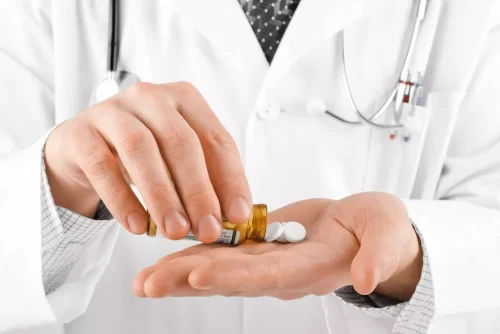
As always, it’s important to drink responsibly and in moderation. The relationship between alcohol and blood thinning is complex. Some studies suggest that moderate alcohol consumption may have a mild anticoagulant effect. This means that alcohol can potentially slow down the formation of blood clots.
Blood Clots With A Fracture – Broken Bone American Blood Clot Assoc
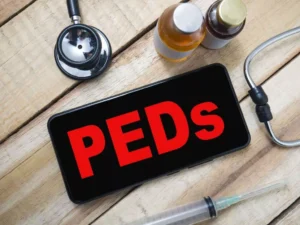
However, it’s important to note that the effect is relatively minor and should not be relied upon as a substitute for prescribed anticoagulant medications. A study conducted at Georgetown’s University Medical Center determined that alcohol found in approximately two drinks has the capability of decreasing platelet clumping. This clumping of platelets as well as other factors is an essential component of the blood clotting process.
It Can Decrease Chances Of Developing Dementia
When you drink heavily, your blood becomes thicker and more likely to clot. This increases your risk for deep vein thrombosis (DVT), a condition in which a blood clot forms in a deep vein, usually in the leg. DVT can be very dangerous because it can break off and travel to the lungs, causing a pulmonary embolism (PE). For individuals who are taking anticoagulant medications such as warfarin or aspirin, it is crucial to understand the potential interactions between alcohol and these medications. These interactions can vary and may have adverse effects on blood clotting.
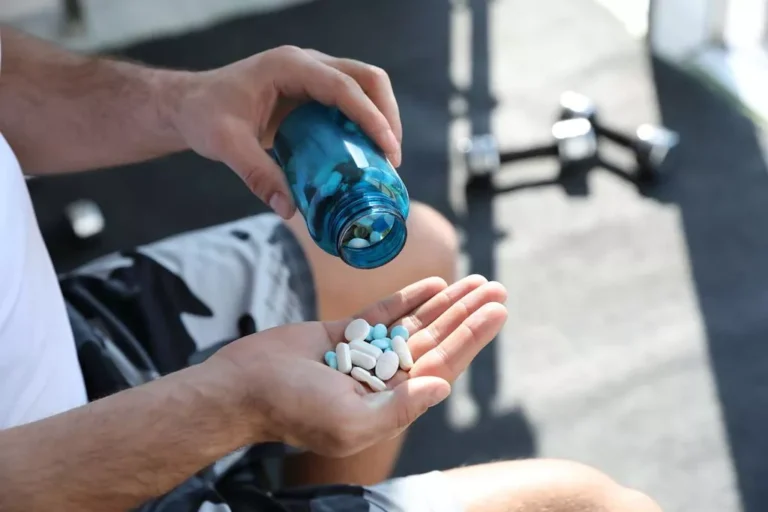
Other articles on
Sensitivity analysis was performed by removing each study in is alcohol good for blood clots turn and repeating the pooled relative risk estimates. Alcohol might also slow down the rate at which your body breaks down and removes the blood-thinning drug. Keep reading to learn more about this blood-thinning effect, how alcohol interacts with blood-thinning medications, and more. Experts define binge drinking as consuming in excess of four drinks for females or five drinks for males within around 2 hours. People who said they drink a lot of liquor also tended to binge drink, which counteracts any helpful effects you might get from alcohol in moderation. Another study found that, compared to non-drinkers, people who drank more than 3 ounces of liquor per week had a 53% higher risk of DVT.
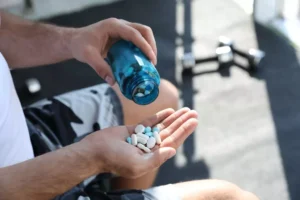
Understanding how alcohol affects blood thinning is essential for individuals who may be taking Sober living house anticoagulant medications or those with existing circulatory conditions. The interaction between alcohol and certain medications, such as warfarin or aspirin, can further increase the risk of complications. If you are on medication, it’s crucial to speak with your healthcare provider to understand the potential interactions between alcohol and your specific medication.
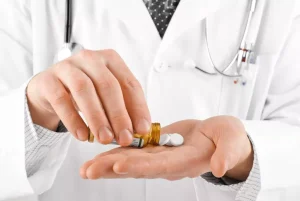
Can You Drink Kombucha if You’re Sober?
When alcohol is in the blood, these receptors do not function as they should. Even minor injuries, such as scratches, can damage blood vessels and cause bleeding. To control excessive bleeding and ensure an injury does not become life-threatening, the blood clots. When alcohol is introduced into the equation, the blood’s ability to clot is compromised.
In a 2009 study published in the, Journal of Sexual Medicine, researchers found that the chances of erectile dysfunction were reduced by 25 to 30 percent among alcohol drinkers. The lead researcher, Kew-Kim Chew, an epidemiologist at the University of West Australia, conducted the study with 1,770 Australian men. In his study, Chew cautiously noted that he and his team in no way are advising men to hit the bottle, and that further research is needed to accurately connect impotence and alcohol consumption. If we drink alcohol while on blood thinners, like Warfarin, we put ourselves at risk for excess bleeding in an accident, dangerous interactions with our medications, and/or excessive blood thinning.
Understanding Blood Thinning
To understand the connection between alcohol and blood thinning, it’s important to examine how alcohol impacts different aspects of the blood clotting process. Two key factors affected by alcohol consumption are platelets and blood vessels. Long-term effects of excessive alcohol consumption can be detrimental to blood and heart health. Both high blood pressure and heart disease risk are increased in people who use the substance in excess for an extended period. This knowledge does not in any way intend to encourage an individual who doesn’t drink to start drinking in terms of protecting against heart disease. Drinking alcohol in moderation may have a protective effect on your blood vessels.
- A doctor may prescribe these medications to reduce a person’s risk of heart attack and stroke.
- Blood thinning, also known as anticoagulation, refers to the process of preventing blood clots from forming or existing clots from getting larger.
- Find the right plan for lasting recovery and sustainable sobriety.
- Alcohol doesn’t lower your blood pressure by a significant amount.
- Always check with a medical professional before drinking alcohol when on blood thinners.
These are just a few questions asked by patients to their physicians. Some studies have shown that in moderation, wine is actually a heart-healthy form of alcohol. Others claim benefits that moderate intake of alcohol can act somewhat like a blood thinner in the body. It can be suggested to them, that alcohol does affect blood clotting processes, but not in the way some might think. Chronic alcohol abuse can lead to a condition called alcoholic liver disease, which can interfere with the production of certain proteins involved in the blood clotting process, such as fibrinogen.
- No, the type of alcohol you drink doesn’t make a significant difference in its blood-thinning effects.
- For example, if a blood clot forms and limits the flow of blood in the arteries, doctors call this thrombosis.
- Therefore, people should always check with a doctor or pharmacist whether it is safe to drink alcohol with a particular blood thinner.
- The study found that those who reported consuming two UK units of alcohol per day had a one-third reduction in their risk of developing gallstones.
Join our supportive sober community where each day becomes a step towards personal growth and lasting positive change. You’ll meet millions of fellow Reframers in our 24/7 forum and daily Zoom check-in meetings. Receive encouragement from people worldwide who know exactly what you’re going through!
